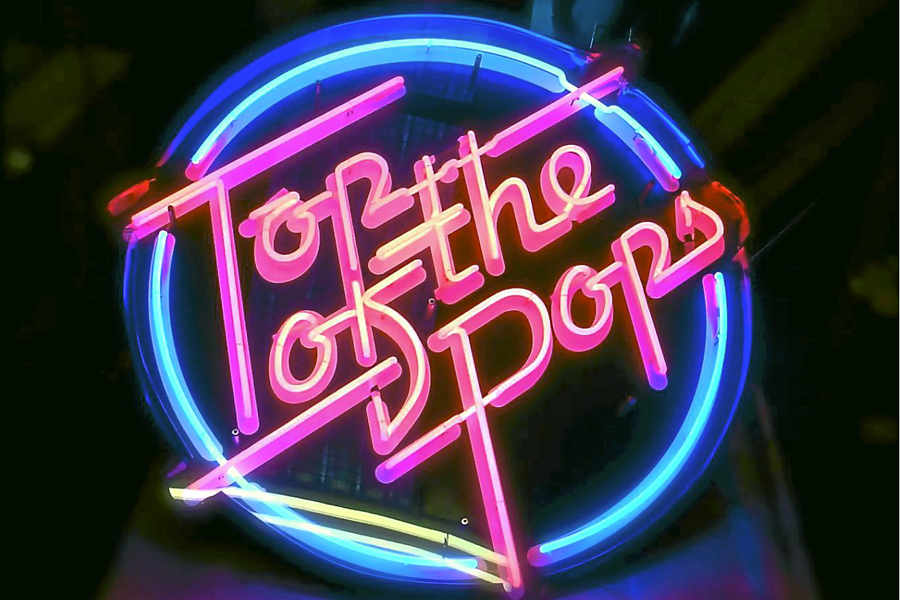
As anyone who’s attempted to sit through an entire episode of In the Night Garden will appreciate, my mind tends to wander when I’m watching the bedtime hour on CBeebies with my toddler.

As anyone who’s attempted to sit through an entire episode of In the Night Garden will appreciate, my mind tends to wander when I’m watching the bedtime hour on CBeebies with my toddler.

So the BBC has called time on its Digital Media Initiative (DMI), the project to create tapeless workflow and archive access: £98m in the hole for a software solution that can now be bought off the shelf for less than £1,000. A project that was designed to save £100m by 2015, ended up costing the Corporation the same amount.

Byzantium , a vampire film that incorporates both period detail and contemporary era in its tale of a mother-daughter relationship, has just hit the big screen and I’ve been working on a conference paper about flashbacks in vampire television, so I thought I’d gather some of my thoughts about period flashbacks in vampire TV for this blog.

Even when you work as an assiduous researcher of television drama history, it’s rare that you make a genuinely major discovery, but watching Patricia Hooker’s 1973 Armchair Theatre play, ‘The Golden Road’, I had the tremendously exciting sensation of unearthing a buried treasure and being the first person to hold it up to the light for forty years.
When doing the research for my book on television branding I spent a lot of time in archives fast-forwarding through the carefully catalogued television programmes to view the junctions or interstitials in between. I was primarily interested in trying to understand how channel branding had changed over the past 30 years, looking for shifts in the design of idents, in the address of continuity announcers and in the style and content of trailers.
Futuristic TV images are fun to look at, whether the sets are depicted in splendid isolation or with asinine human faces as accompaniment. I like to look back and think about what was once thought of as the future as well as forwards to what we imagine as the world of tomorrow. Predictions are great to revisit, like an old sweater at the first chill of winter or a lost lover’s rediscovered kiss.

I return for this blog to the topic of neglected historical British television comedy. In my last post, my focus was on the significance of female performers to the genre, with a retrospective of the comedy career of actress Penelope Keith.

Putting aside watching or re-watching TV shows via box sets, the shows I watch as they are broadcast fall into two tiers. The first is made up of series that are, to use a cliché, appointment to view.

The concept of prequels is not one that, on first consideration, sits easily in the television landscape.

Forgive me for returning to Broadchurch so soon after John Ellis’s excellent account, written just as it finished. But I thought it was worth commenting on some of its other (largely textual) features before it slips away from view until the second series.
Elementary (CBS 2012-). Arrow (CW 2012-). Game of Thrones (HBO 2011-). These recent American television programmes are all based (to varying degrees) on texts rooted in cult appeal, around particular fan communities, and with different claims to authenticity and fidelity with their core texts.